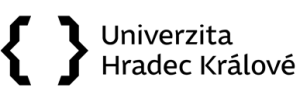The lecture introduces the students to specific trends and different aspects of the development of the Czechoslovak Communist Party after the Second World War in an international context, especially in comparison with the situation in the countries of the Eastern Bloc. The explanation of the development of communist, workers', socialist and popular political movements and the dominant ideology of socialism in the Soviet sphere allows students to gain knowledge about the specific political life of the Communist countries (especially Czechoslovakia) and the influence of their dominant political parties, about totalitarian ideology as well as about the penetration of communist ideas into internal policies of the countries behind the "Iron Curtain" in the post-war period. The main attention is paid to the Communist Party of Czechoslovakia, its activities, governing bodies and other structures, political elites, critical moments of its existence. At the same time, a comparison is made with other Communist parties of the Soviet bloc, creating a space for understanding the individual aspects, in which Czechoslovakia was the unique state of the Eastern Bloc, or - on the contrary - completely obediant "subject" to the pressure of the USSR and the supranational ideology of state socialism. The course is thematically completed with the onset of so-called Era of Normalization in the Czechoslovak Socialist Republic and the "sharp course" of the USSR for the era of Brezhniev's Neostalinism. The course is intended for both foreign students and Czech students of historical disciplines who are interested in interpreting these topics in English language.
- Trainer/in: Tomáš Hradecký
